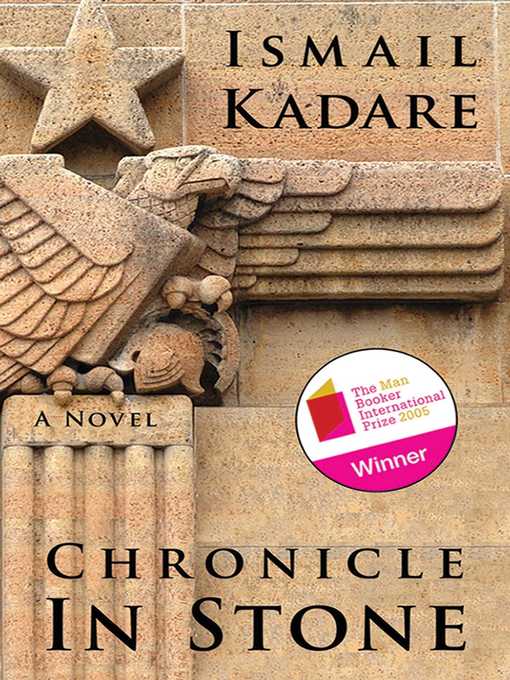
Chronicle in Stone
A Novel
کتاب های مرتبط
- اطلاعات
- نقد و بررسی
- دیدگاه کاربران
نقد و بررسی

May 4, 1998
Albania, that remote, unknown land, has found its voice in the novels of Kadare. In this one, the first of a forthcoming series, he takes as his subject the shattering impact of World War II as that cataclysm is lived by a small, immensely sensitive boy. After centuries of bondage to the Turks of the Ottoman Empire, Albania falls to the invading Italian fascists, then the Greeks, the Italians again, then the Nazi hordes. Amid floods, British bombing, the action of partisans, the boy undergoes another kind of turbulence, that of growing up, the inner and outer experience ringing strange harmonies. He responds to the beauty of unattainable women, to witchcraft, literature, and later, when he is evacuated from his "stone city'' to peasant and village life. Now his existence will be ``marvelous, terrifying and extraordinary.'' Instead, it is primitive, barbaric, a world where the severed arm of a British airman becomes a talisman and ``deflowered'' girls disappear, possibly murdered by their fathers. Kadare commands a tumultuous, whirling scene as he brings his homeland into the literary mainstream.

Starred review from July 1, 2007
"They're like people, stones are," muses the young narrator of this 1971 novel, first published in the United States in 1987 and appearing now in a new edition based on the definitive text. "They're young or old, hard or soft, polished or rough...and now, just like people, they're spattered with blood by the war." Kadare, dark-horse winner of the inaugural Man Booker International Prize in 2005, based this narrative on his own childhood experiences in the mountainside city of Gjirokastë r, Albania, occupied alternately by Italy, Greece, and Germany during World War II. The magical setting of a city of stone built around an ancient citadel is matched with dreamlike description and atmosphere; by thrusting these elements into a horrific modern conflict, Kadare creates fabulous tension. The book's other main asset is the unique and endearing voice of the impressionistic narrator, who finds himself caught between the grownups' hatred of the occupying forces and his instinctive love of the machinery of war; a scene in which his favorite plane bombs the city is heartbreaking. Surprisingly accessible for an author often referred to as difficult and Kafkaesque, this is a memorable and moving work. Recommended for all libraries.Forest Turner, Suffolk Cty. House of Correction Lib., Boston
Copyright 2007 Library Journal, LLC Used with permission.

























دیدگاه کاربران